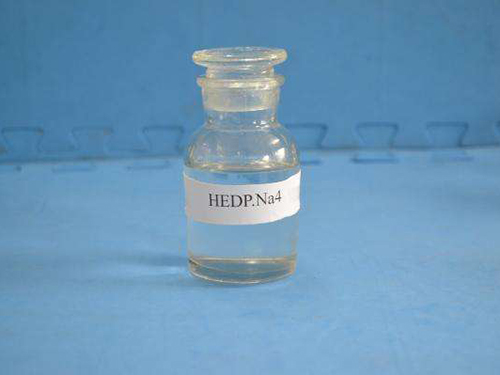scale inhibitor water treatment
Understanding Scale Inhibitors in Water Treatment
Water is an essential resource for many industries, and its proper management is crucial for operational efficiency and sustainability. One of the challenges faced in water treatment is scaling, which occurs when dissolved minerals precipitate and form solid deposits on equipment surfaces. This can lead to increased maintenance costs, reduced efficiency, and even equipment failure. To combat this issue, scale inhibitors have become vital in water treatment processes.
Scale inhibitors are chemical agents specifically designed to prevent the formation and deposition of mineral scale. Commonly composed of phosphonates, polyacrylic acids, and other synthetic polymers, these substances work by interfering with the crystalline growth of scale-forming minerals like calcium carbonate, calcium sulfate, and silica. By doing so, they effectively keep these minerals in solution, preventing them from settling on surfaces and forming hard deposits.
Understanding Scale Inhibitors in Water Treatment
In the context of cooling systems, for example, scale buildup can restrict water flow, leading to overheating. If not addressed, this can result in system shutdowns and costly repairs. Moreover, scale can also harbor bacteria, leading to potential health risks and non-compliance with safety standards. Thus, using scale inhibitors is not only a matter of operational efficiency but also a crucial element of health and safety management.
scale inhibitor water treatment

The application of scale inhibitors varies depending on the specific requirements of the water treatment process. They can be dosed continuously or batch-wise, depending on the concentration of hardness in the water and the specific scale-forming tendencies of the system. The choice of inhibitor, as well as the dosage and method of application, should be tailored to meet the unique conditions of each facility.
In recent years, technological advancements have led to the development of more effective and environmentally friendly scale inhibitors. These new formulations offer better performance, lower toxicity, and enhanced biodegradability, making them more suitable for facilities seeking to minimize their ecological footprint.
Moreover, monitoring and optimizing the use of scale inhibitors is crucial for maintaining their efficacy. Regular testing of water quality, scaling tendencies, and system performance can help operators fine-tune their treatment strategies. By integrating real-time data and analytics, companies can make informed decisions that optimize the use of scale inhibitors, reducing waste and maximizing efficiency.
In conclusion, scale inhibitors play a critical role in water treatment by preventing the formation of scale that can lead to increased maintenance costs and reduced system efficiency. Their application is essential for maintaining the reliability and safety of water systems across various industries. As technology advances and more environmentally friendly options become available, the future of scale inhibition looks promising, enhancing both operational efficiency and sustainability in water management practices.
-
lk-319-special-scale-and-corrosion-inhibitor-for-steel-plants-advanced-solutions-for-industrial-water-systemsNewsAug.22,2025
-
flocculant-water-treatment-essential-chemical-solutions-for-purification-processesNewsAug.22,2025
-
isothiazolinones-versatile-microbial-control-agents-for-industrial-and-consumer-applicationsNewsAug.22,2025
-
scale-inhibitor-key-solutions-for-water-system-scale-preventionNewsAug.22,2025
-
organophosphonates-versatile-scale-inhibitors-for-industrial-water-systemsNewsAug.22,2025
-
scale-and-corrosion-inhibitor-essential-chemical-solutions-for-water-system-maintenanceNewsAug.22,2025





